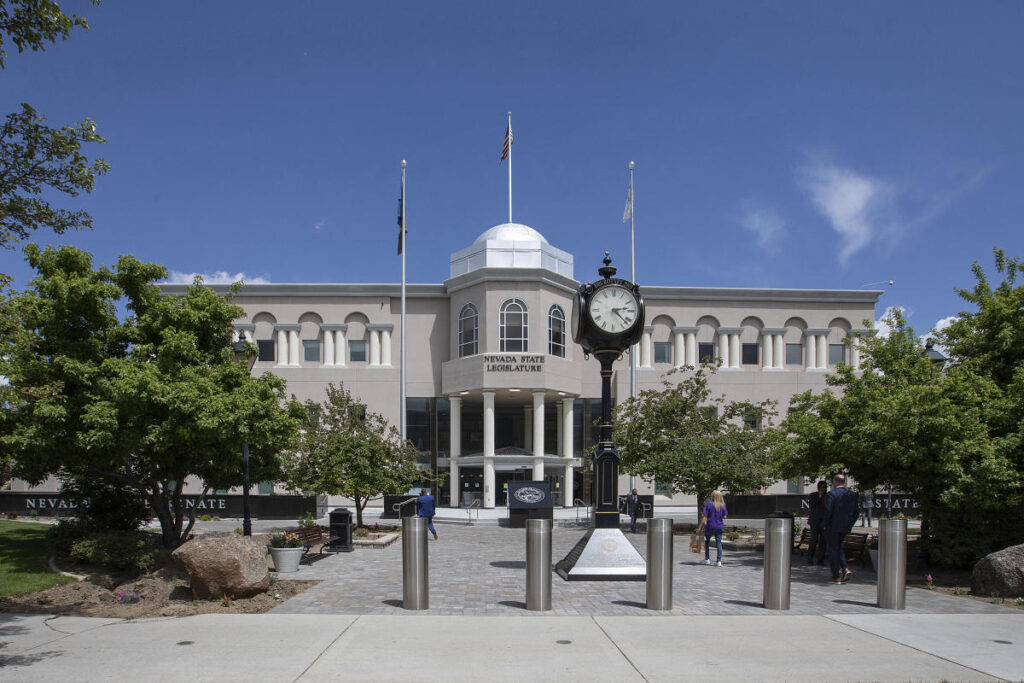Nevada Democrats have successfully retained control of the statehouse following the recent elections, although they have narrowly missed achieving a two-thirds supermajority in both legislative chambers. This supermajority would have empowered them to bypass the veto authority of Republican Governor Joe Lombardo when the legislature convenes early next year. The Democrats faced a setback in the state Assembly, losing a critical seat in a competitive district in southern Las Vegas, which resulted in them winning 27 of the 42 available seats, while Republicans secured 15. Maintaining a dominant presence in the Assembly has historically been crucial for the Democrats to champion their agenda.
In the state Senate, the Democratic Party will continue to hold at least 12 of the 21 seats, ensuring their majority in that chamber. As of the latest updates, the outcome of one race in Las Vegas remains unresolved; however, even if it swings to the Republicans, they would not gain enough seats to alter the balance of power. With ten state Senate seats up for election during this cycle, the Democrats successfully defended their majority, which has been in place for the vast majority of legislative sessions since 2009. This retention of legislative control keeps the Democratic agenda alive, even without the supermajority.
Governor Joe Lombardo, who was elected in 2022 and did not appear on the Nov. 5 ballot, remains a significant factor in Nevada’s political landscape. His ability to veto legislation will continue to shape the Democratic legislative initiatives. In 2023, Lombardo set a record by vetoing 75 bills during the legislative session, which highlighted the ongoing partisan tensions within the state. Some notable bills that were vetoed include those pertaining to electoral reform and gun control, both symbolizing divergent priorities between the parties.
One of the more controversial bills that Lombardo vetoed aimed to criminalize the act of falsely certifying election results, a measure that illustrates the current debates over election integrity and governance. The governor also rejected various gun-related bills intended to tighten restrictions on firearm possession, particularly for younger individuals and those with certain criminal backgrounds. These vetoes not only reflect Lombardo’s policy priorities but also underline the complexities of governance in a state that has been predominantly led by Democrats.
The Nevada Legislature is set to reconvene for its next 120-day session beginning February 3. This gathering will be an important moment for Democrats as they navigate their legislative agenda without the cushion of a supermajority. With some significant issues at stake, including taxation and public safety, the Democrats will need to carefully strategize their legislative approach. The upcoming session is expected to be a battleground for policy-making, as they will need to negotiate with the Republican minority while attempting to advance their priorities.
Overall, Nevada’s political climate remains dynamic, with Democrats holding onto power but facing new challenges in legislation due to their inability to achieve a supermajority. The outcomes of these elections indicate that while Democrats are committed to maintaining their influence, the presence of Governor Lombardo and the Republican party’s competitive efforts pose ongoing challenges. As the legislative session approaches, discussions are likely to be fervent, with both parties poised to advocate their agendas in what is expected to be a contentious political environment.

